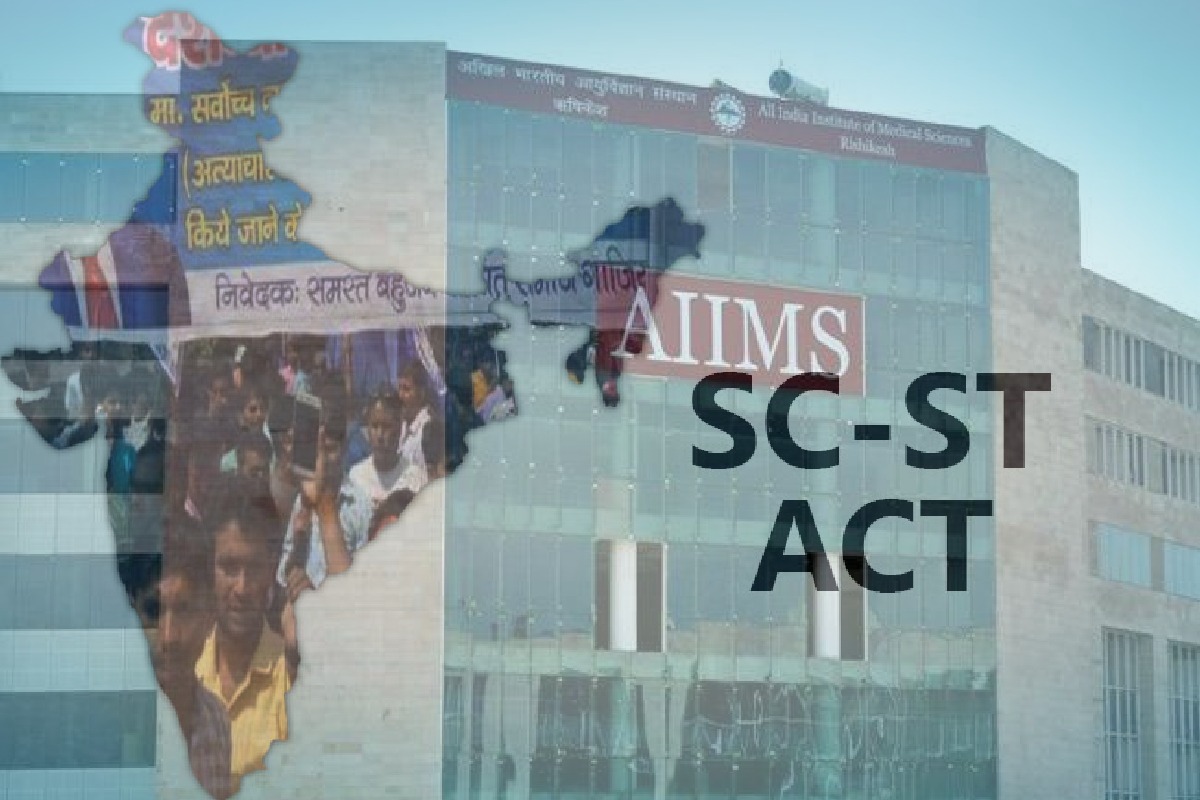The recent revelations of the Parliamentary Committee on Welfare of Scheduled Castes and Scheduled Tribes regarding the poor implementation of reservation policies in faculty recruitment at the All India Institute of Medical Sciences (AIIMS), Delhi, are deeply troubling. The committee’s report sheds light on the systemic bias and discrimination that continue to plague one of the nation’s premier medical institutions, denying candidates from marginalized communities their rightful opportunities and perpetuating social injustice.
AIIMS, as an autonomous body under the Ministry of Health and Family Welfare, is entrusted with upholding the constitutional mandate of providing reservations for Scheduled Castes (SCs) and Scheduled Tribes (STs) in faculty recruitment. However, the stark disparity between the prescribed quota and the actual representation of SC and ST candidates underscores a glaring failure in adherence to this mandate. The revelation that several reserved faculty positions have remained vacant due to candidates being deemed “not suitable” further exposes the underlying biases in the selection process.
The committee’s report serves as a wake-up call, highlighting the urgent need for corrective action to rectify the entrenched biases and systemic injustices prevalent in AIIMS’ faculty recruitment process. The government and AIIMS administration must take decisive steps to address these issues and ensure the fair and equitable representation of SC and ST candidates.
First and foremost, the government must heed the committee’s recommendation to amend the AIIMS Act to include members from SC and ST communities in the selection committee and selection board. This will provide marginalized communities with a voice and representation in the decision-making process, helping to safeguard against discriminatory practices.
Furthermore, there must be greater accountability and transparency in the selection process to prevent discrimination and ensure that candidates are evaluated based on merit and potential, rather than caste or background. Special recruitment drives should be conducted to fill vacant reserved positions promptly, and efforts should be made to address the backlog of unfilled posts.
Additionally, the extension of reservation to super speciality courses is essential to enable SC and ST candidates to advance in their academic and professional careers. This will not only promote diversity within AIIMS’ faculty but also contribute to the overall inclusivity and excellence of the institution.










